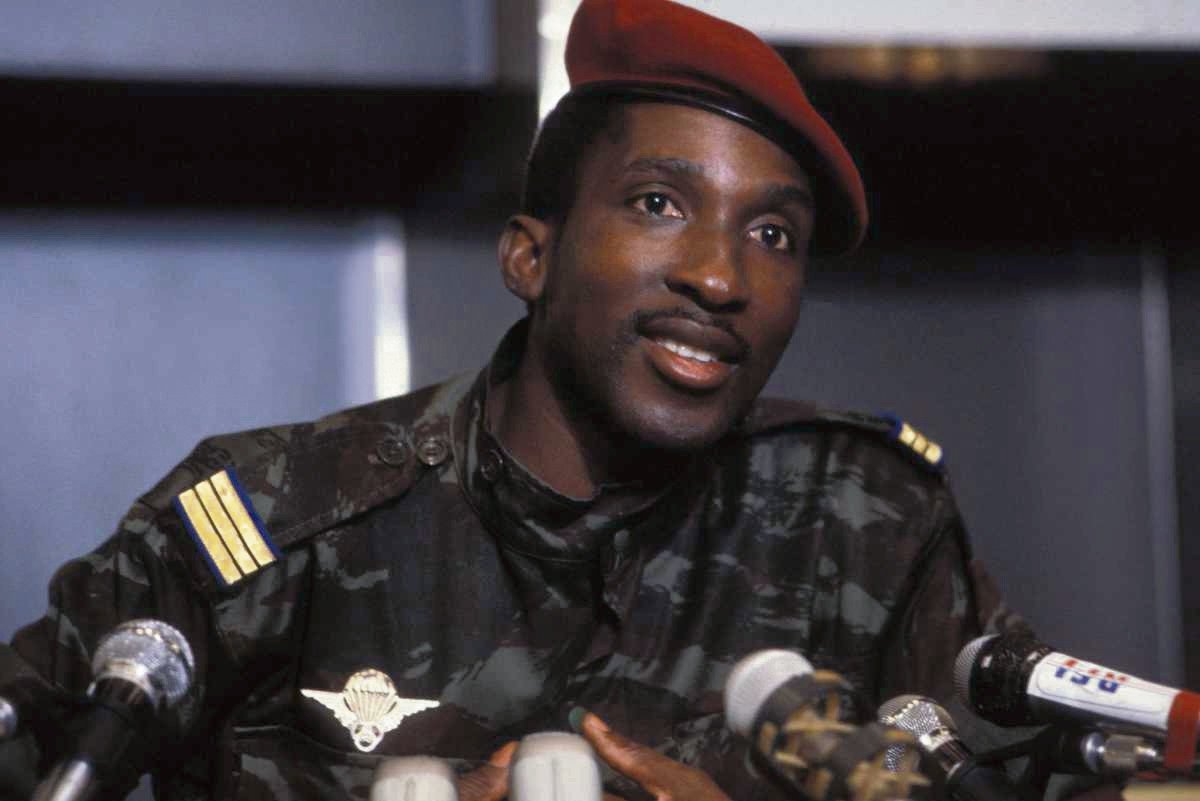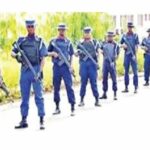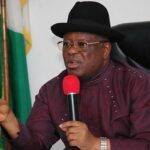
A long-awaited trial in Burkina Faso over the 1987 assassination of revolutionary leader Thomas Sankara can resume after the ruling junta restored the constitution, a military court ruled on Monday.
The trial of Sankara’s alleged killers will resume on Wednesday. It was due to restart in the capital Ouagadougou on Monday but was suspended after civil parties said it should not go ahead pending “judicial normalisation” by the junta.
“We do not want a trial (with) flaws,” lawyer Prosper Farama, representing the Sankara family, said earlier.
The trial opened last October and has been closely followed by the Burkinabe public.
It has been showcased as the chance to shed light on one of the murkiest chapters in the troubled country’s history.
Revered among African radicals, Sankara was an army captain aged just 33 when he came to power in a coup in 1983.
The fiery Marxist-Leninist railed against imperialism and colonialism, often angering Western leaders but gaining followers across the continent and beyond.
He and 12 of his colleagues were gunned down by a hit squad on October 15, 1987, at a meeting of the ruling National Revolutionary Council.
Their assassination coincided with a coup that brought Sankara’s erstwhile comrade-in-arms, Blaise Compaore, to power.
Compaore ruled for 27 years before being deposed by a popular uprising in 2014 and fleeing to the neighbouring Ivory Coast.
Fourteen defendants are on trial, two of them in absentia, including Compaore.
Compaore and his former right-hand man General Gilbert Diendere are charged with harming state security, complicity in murder, concealing bodies and witness tampering.
Compaore has repeatedly denied entrenched suspicions among Burkinabe that he ordered Sankara’s killing, while Diendere has pleaded not guilty.
On January 24, mutinous soldiers overthrew Compaore’s elected successor, Roch Marc Christian Kabore, amid rising public anger at his failure to stem a bloody jihadist insurgency.
They set up a military junta that has dissolved the government and parliament and briefly suspended the constitution.
It had vowed to re-establish “constitutional order” within a “reasonable time”. It also pledged to guarantee the “independence” of the judicial system.
But Farama argued that the independence of the court was guaranteed by the constitution.
As a result, hearings in the court should be suspended since the constitution itself had been suspended, he maintained.
AFP
Copyright PUNCH.
All rights reserved. This material, and other digital content on this website, may not be reproduced, published, broadcast, rewritten or redistributed in whole or in part without prior express written permission from PUNCH.
Contact: [email protected]





